Dido and Aeneas in Bangalore: A Baroque Opera Masterpiece Comes Alive
Experience Henry Purcell’s 'Dido and Aeneas', a Baroque masterpiece blending opera, drama, and ballet. Featuring top musicians from India and Sweden, this production promises an unforgettable evening of music, emotion, and collaboration on January 25, 2025.
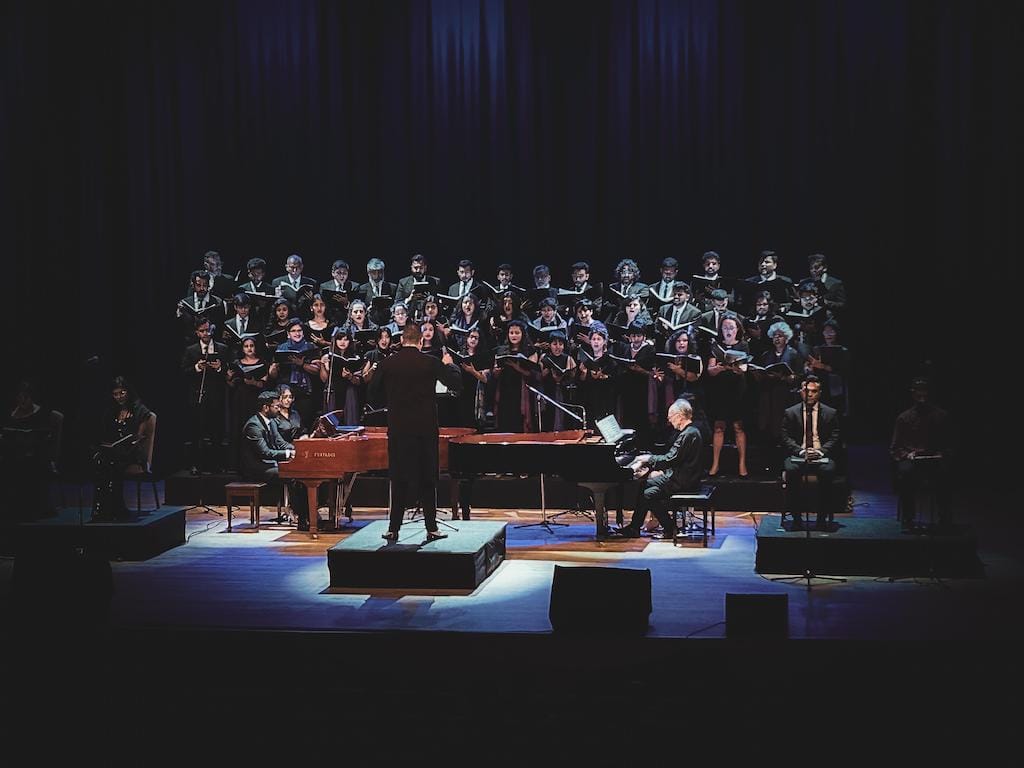
Legato School of Music, in collaboration with Bangalore International Centre, The Lewis Foundation of Classical Ballet, and Radio One 94.3 International, is presenting Dido and Aeneas, an English Baroque chamber opera by Henry Purcell, on January 25, 2025. Based on Book IV of Virgil’s Aeneid, Dido and Aeneas is one of the earliest known English operas and one of the most significant operatic works of the Baroque period. It is also Purcell's only complete opera, making it a singular masterpiece in his output.
While Dido and Aeneas is well-known for its emotional depth and musical brilliance, the opera's history remains shrouded in mystery. Its first performance is believed to have taken place at a girls’ school in Chelsea, London, sometime before the end of 1689, though some scholars argue that it was originally composed for the royal court. Despite uncertainties about its early performances, the opera’s themes of love, betrayal, and fate continue to resonate with audiences today, making it a timeless work in the operatic canon.
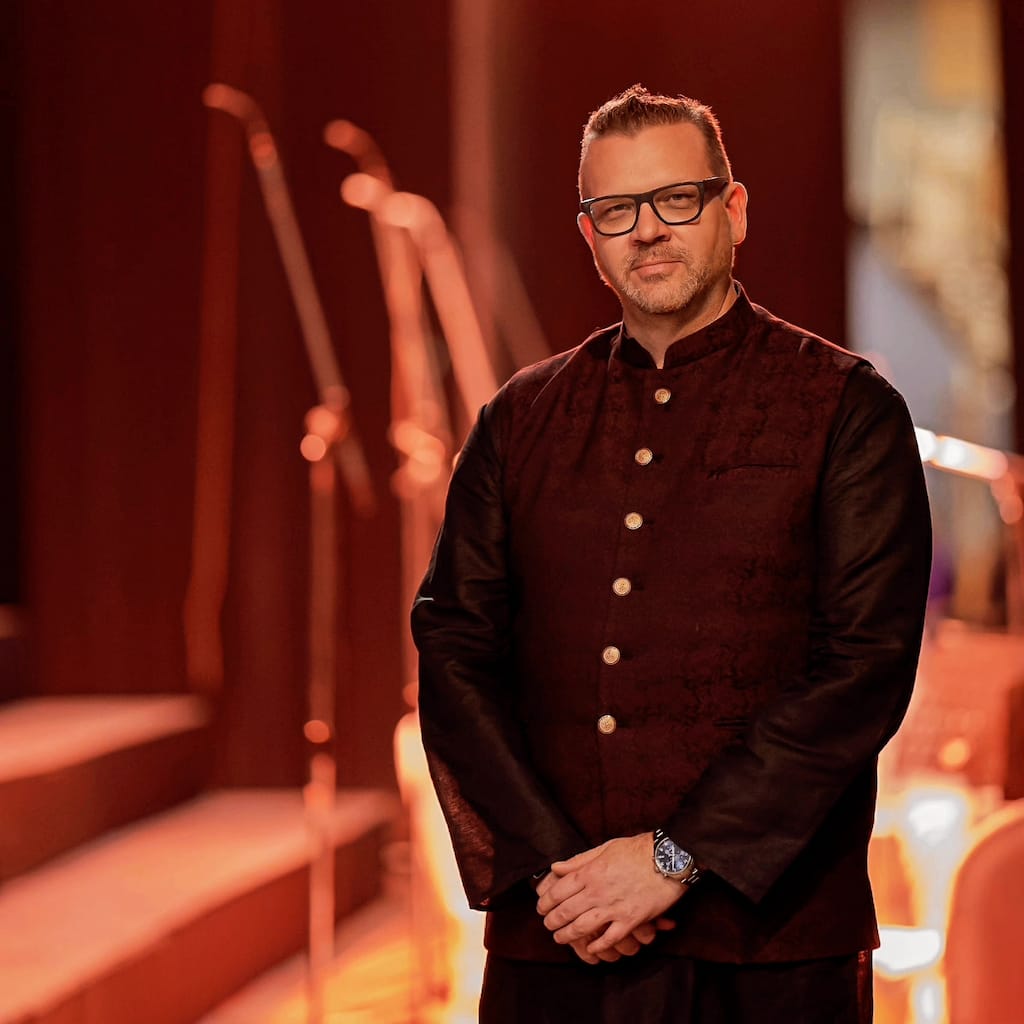
The upcoming production in Bangalore promises to be a unique collaboration, blending elements of opera, drama, and ballet in an innovative way. The opera will feature an outstanding cast and musicians, including the renowned Swedish conductor Sofia Winiarski, whose dynamic leadership will guide the ensemble. The production will also highlight the talents of Maria Forsström as Dido, Rahul Bharadwaj as Aeneas, and an ensemble of accomplished musicians, such as Carol George and Arun Rozario on violin, Maria Winiarski on viola, Kristina Winiarski on cello, and Rebecca Thomas on keyboard. The dancers from The Lewis Foundation of Classical Ballet, under the choreography of Iryna Hryshukova, will further enrich this production, ensuring a visually stunning and emotionally impactful performance.
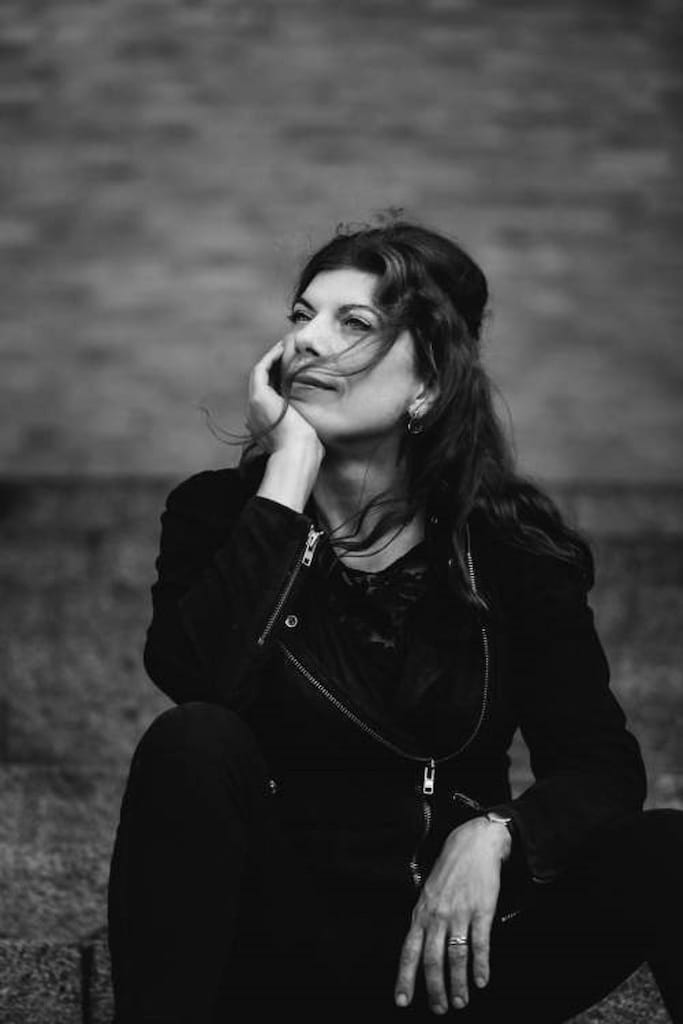
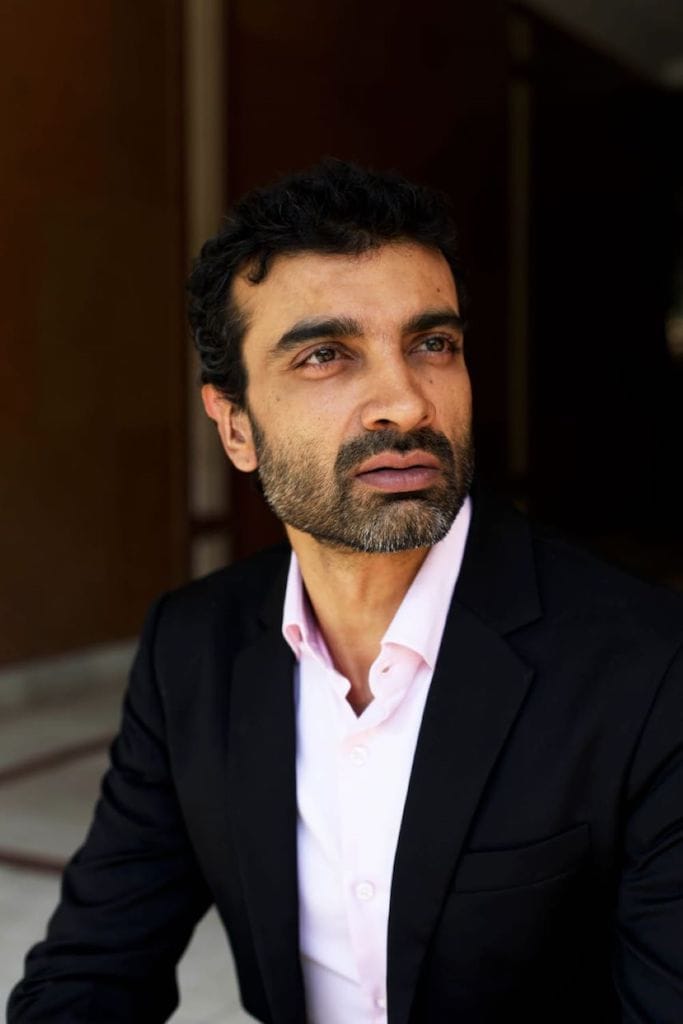
Maria Forsström and Rahul Bharadwaj
Notably, local choirs Cappella Bangalore and The Bangalore Men will provide the vocal backdrop, bringing their expertise and passion for Western classical music to this historic work. Jonas Olsson, the producer and cousin to the Winiarski sisters, emphasizes the unique contributions of these choirs, saying, “The elements that the choir brings include a fresh approach to pieces that many of them have no prior relationship with, apart from hearing them in recordings or during the rehearsal process. This lack of preconditioned notions about how the piece should sound or be performed can be quite refreshing.” He also adds, “The rehearsal process, as always with the choir, has been challenging in the beginning but becomes easier as we progress. Given that this is a Baroque piece, it involves complex harmonies and movements that are not entirely self-explanatory. However, the choir is now at a stage where we are beginning to know the piece by heart and can truly make music out of the notes.”
Jonas highlights the thoughtfulness behind the program’s curation, stating, “Whenever I curate a program for Cappella Bangalore or The Bangalore Men, I strive to balance presenting music that is exciting and challenging for the choir to sing with ensuring it is enjoyable for the audience to listen to. This balance is crucial. I believe that every program should offer an element of learning—for both the choir and the audience.”
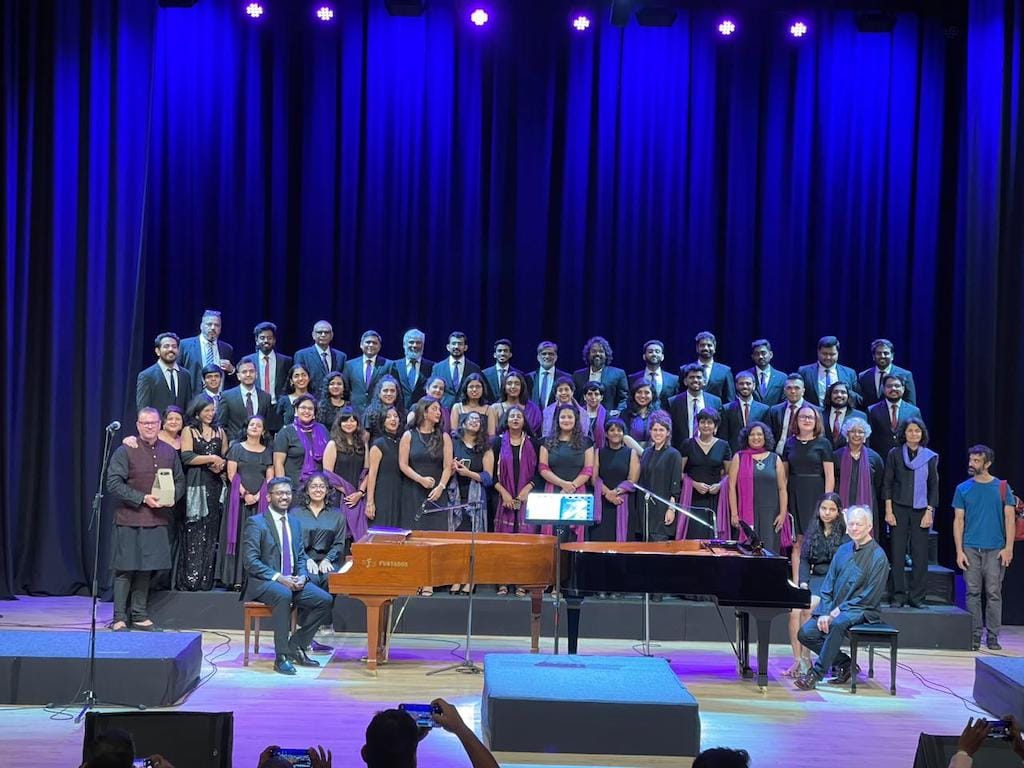
He further reflects on the opportunities for Western choral music in India, explaining, “I believe the opportunities far outweigh the challenges. There is an openness and curiosity among both musicians and audiences to discover the Western choral tradition we bring. This is evident in the fact that most of our concerts are sold out, we are attracting younger audiences, and we receive numerous inquiries from people wanting to join the choir.”
As we approach this eagerly anticipated performance, the collaboration of these incredible artists and institutions—alongside the continued involvement of local talents such as Akshay Nagmule on percussion—promises an unforgettable night of music and art. Jonas expresses his optimism, saying, “The enthusiasm we see from both our audiences and performers inspires us to push boundaries, explore new ideas, and create truly memorable experiences for everyone involved.”
The Winiarski sisters—Sofia, Kristina, and Maria—have carved out remarkable careers in classical music as conductor, cellist, and violist, respectively. Their latest collaboration brings together their unique talents for a Baroque opera production in Bangalore, featuring the works of Henry Purcell. In this exclusive interview, they share insights into their artistic approaches, familial dynamics, and thoughts on the relevance of opera today.
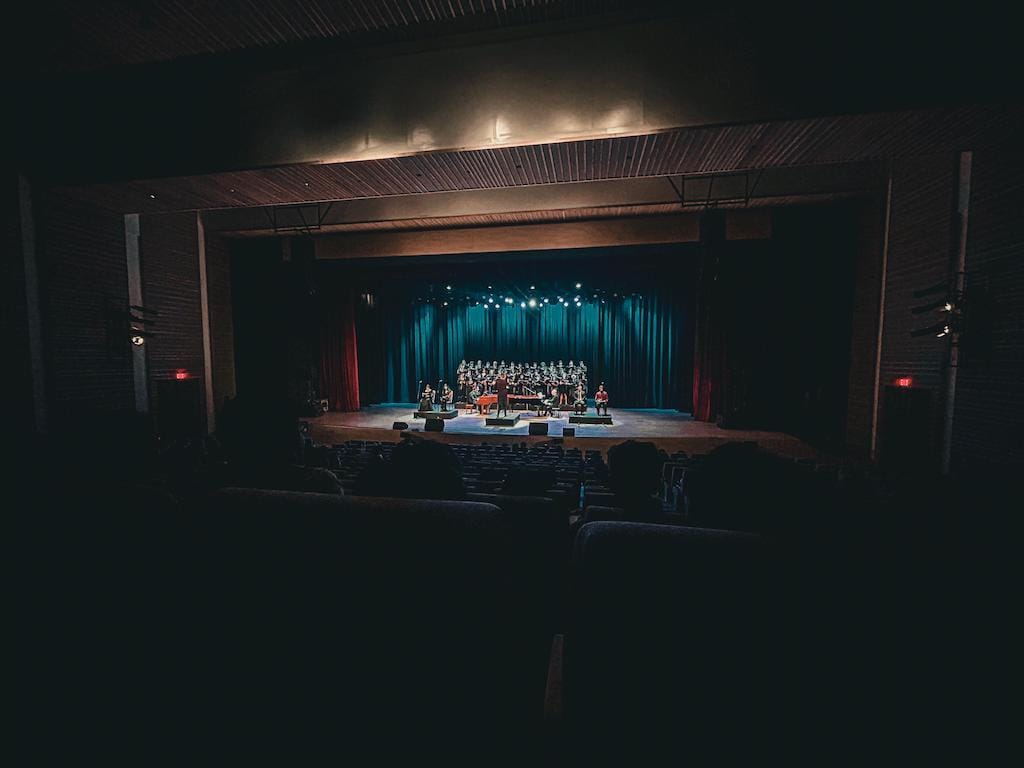
Serenade Team: Sofia, as the conductor, could you elaborate on your approach to this production? How do you balance Purcell’s Baroque traditions with your artistic interpretation?
Sofia Winiarski: As a conductor, or indeed as any musician, we constantly navigate a blend of influences. With Baroque music, there’s a rich performance practice tradition, complete with its own set of rules and conventions. These serve as a foundation but also require thoughtful decision-making.
For me, the text is always the starting point—it’s the heart of vocal music and especially so in Baroque compositions. I focus on the affect, which refers to the emotional essence conveyed by the text. In Baroque music, the goal is to express this affect as vividly and persuasively as possible. That principle guides my interpretative choices.
Purcell is particularly fascinating. His works are harmonically sophisticated and rhythmically intricate, which makes them both challenging and rewarding to interpret. Balancing these elements while staying true to the emotion of the text is a deeply engaging process.
ST: Kristina, as a cellist, what challenges and opportunities does Baroque opera present, particularly in this production?
Kristina Winiarski: In this context, the cello plays a pivotal role as part of the basso continuo. It serves as the harmonic foundation, carrying the bassline and supporting the entire structure, giving singers and other instrumental voices the space to respond emotionally.
In recitative sections, the continuo group—which in our case includes a double bassist, myself on cello, and a keyboard player—must be incredibly reactive and flexible. At times, we lead with strong cues; at others, we follow gently, almost imperceptibly. This dynamic interplay is both challenging and immensely enjoyable.
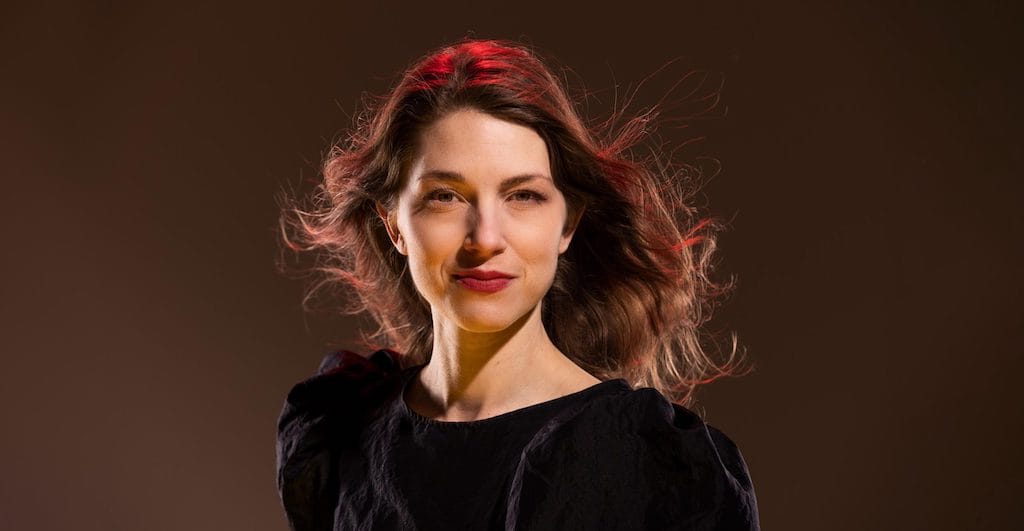
ST: Maria, the viola occupies a unique position in Baroque music. How do you approach your role in this production?
Maria Winiarski: The viola often bridges the harmonic foundation provided by the bassline and the melody carried by the violins and singers. It contributes both rhythmically and melodically, creating depth and richness in the overall sound.
Its versatility is particularly exciting. The viola can take on elements of the bassline, weave intricate harmonic progressions, and even play in unison with the singers. This variety keeps the music fresh and rhythmically alive. Baroque music, while not always meant to be danced to, carries an inherent energy that informs our approach.
ST: As siblings, how has growing up together shaped your musical journeys, and what is it like collaborating on this production?
SW: We’ve always played a lot together, even as children. While our individual paths took us in slightly different directions, there was always a sense of collaboration—and, of course, a bit of sibling rivalry!
KW: It was often two of us working together at a time, depending on the project or group setting. This production is special because it’s the first time all three of us are collaborating on something this substantial.
MW: It’s a unique opportunity for us to bring our varied experiences together. We’ve worked with so many different people and in different contexts, but coming together as siblings allows us to learn from each other in new ways.
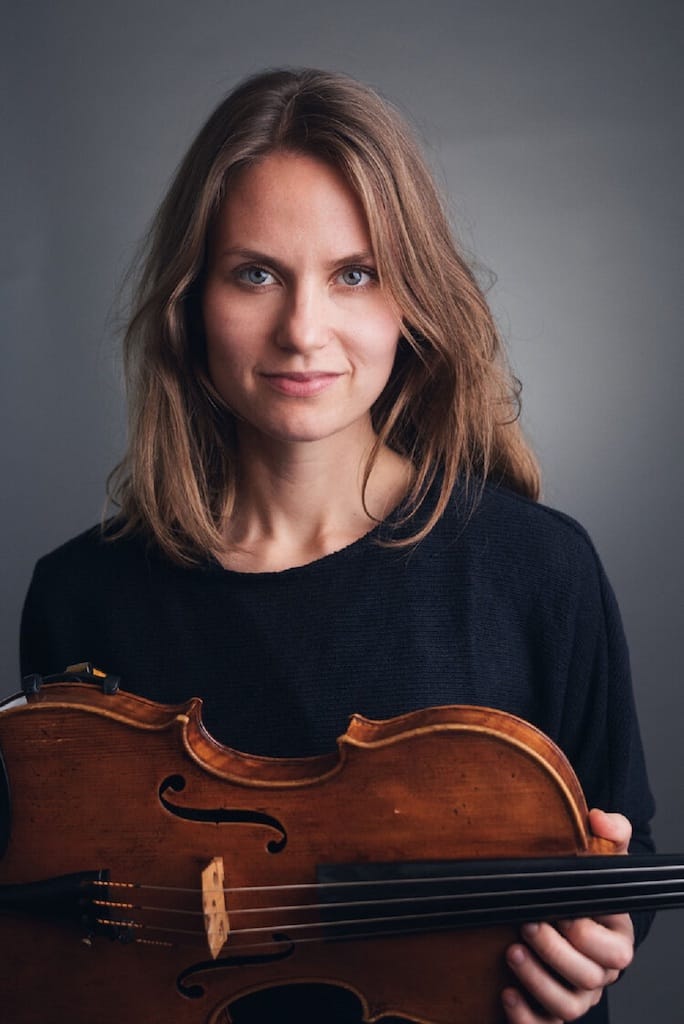
ST: Sofia, how do you prepare for a project of this scale, especially with a diverse ensemble of local and international musicians?
SW: Preparation always begins with the score. I study it thoroughly, immersing myself in its intricacies. Beyond that, I keep an open mind. Each ensemble brings its own character, and the interactions with the musicians shape the final performance.
Having worked with Maria Forsström, who has experience in Bangalore, I’ve gained some insight into what to expect. But ultimately, every project is an adventure, and the collaborative process is what makes it so exciting.
ST: What advice would you offer young musicians pursuing careers in conducting or orchestral performance?
SW: Listen deeply—to music, to yourself, and to others, especially in chamber settings. True listening is a skill that elevates musicianship to the highest level.
KW: Have a marathon mindset. Celebrate small victories, stay persistent, and maintain positivity, even when the journey feels tough. Over time, what seems impossible becomes achievable.

ST: Why is this opera significant, and what would you like to convey to Bangalore audiences?
SW: Purcell’s opera is a masterpiece—harmonically sophisticated, emotionally rich, and universally relatable. Despite its supernatural elements, the story delves into very human themes like love, conflict, and loyalty. It’s accessible and not overly long, making it ideal for newcomers to opera.
MW: Opera is a uniquely collaborative art form, bringing together performers and audiences in a shared, live experience. We hope this production offers something unforgettable—an emotional connection and a moment of community in today’s increasingly individualistic world.
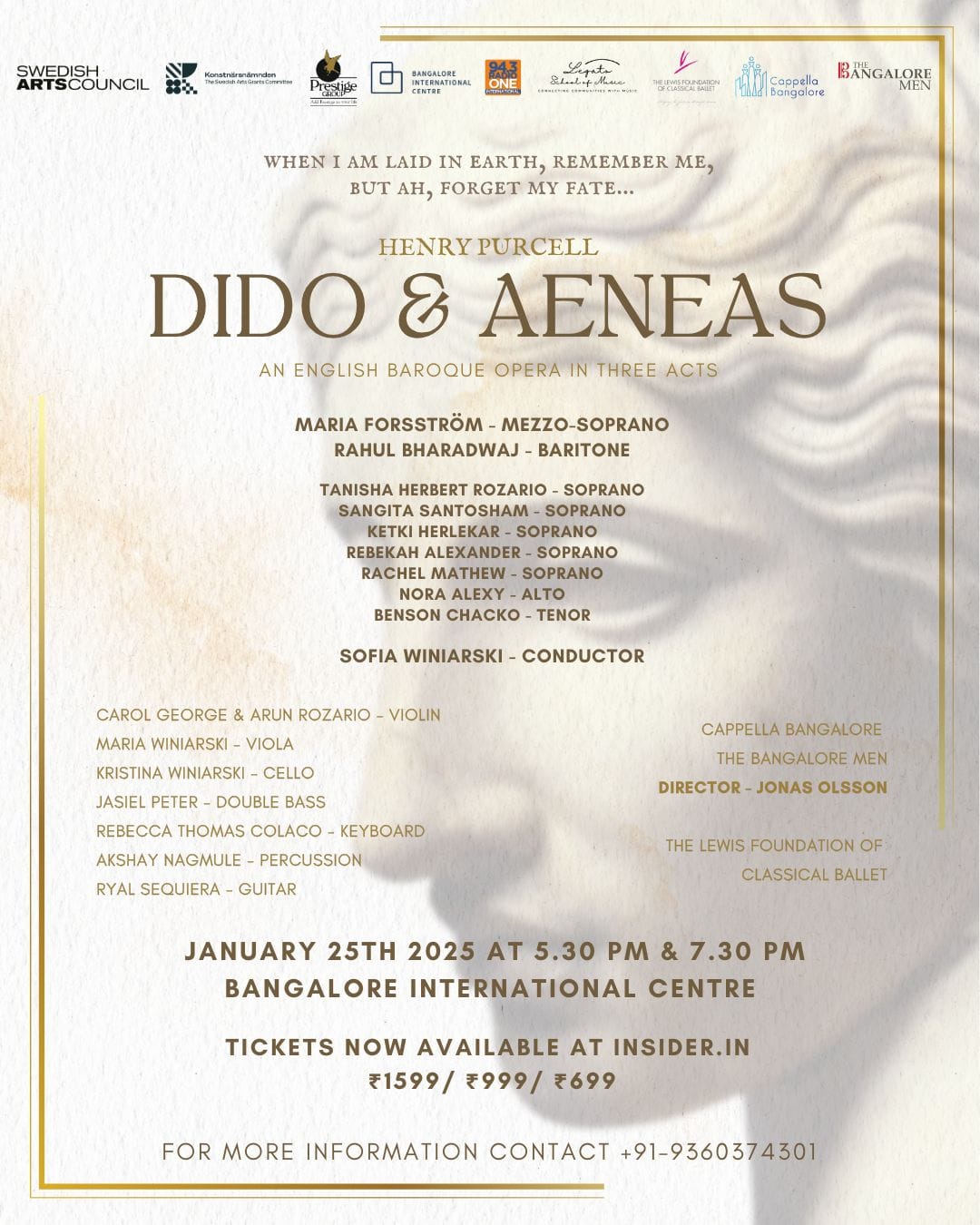
Dido and Aeneas in Bangalore: Henry Purcell’s English Baroque opera in three acts. Experience music, dance, and drama performed by top musicians from India and Sweden. At Bangalore International Centre, 25th January 2025.






